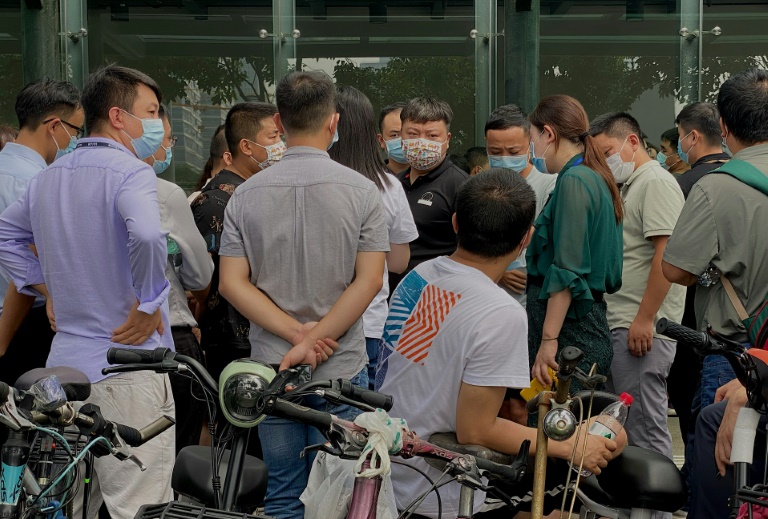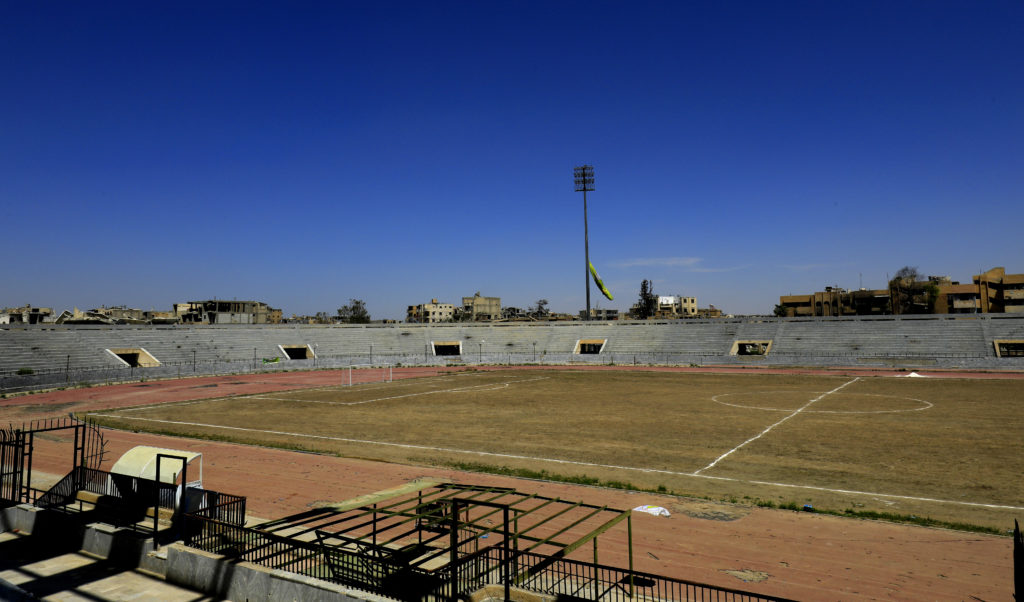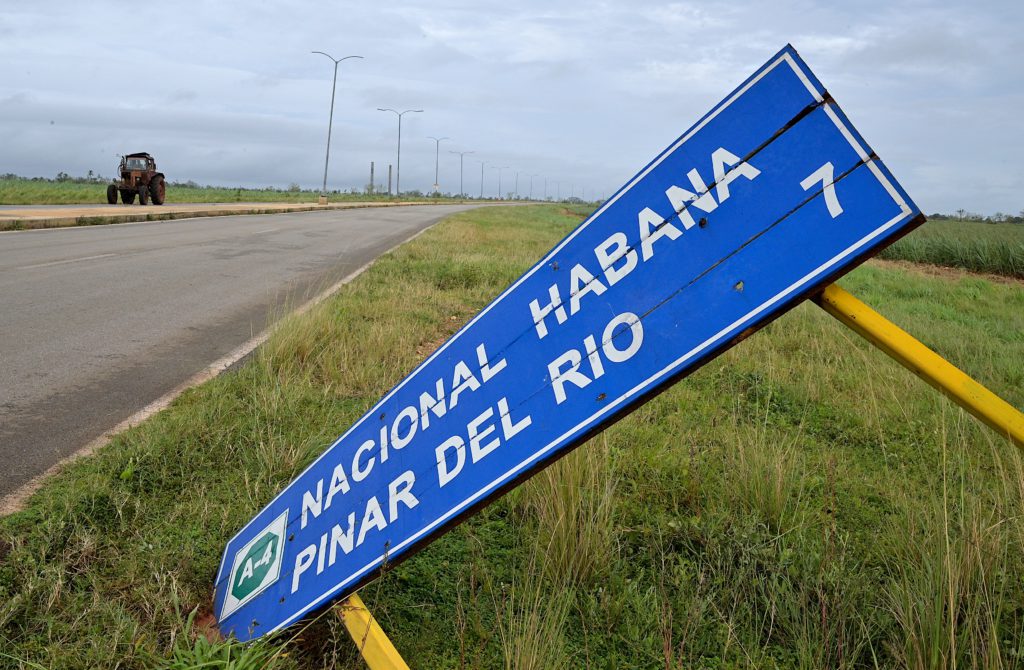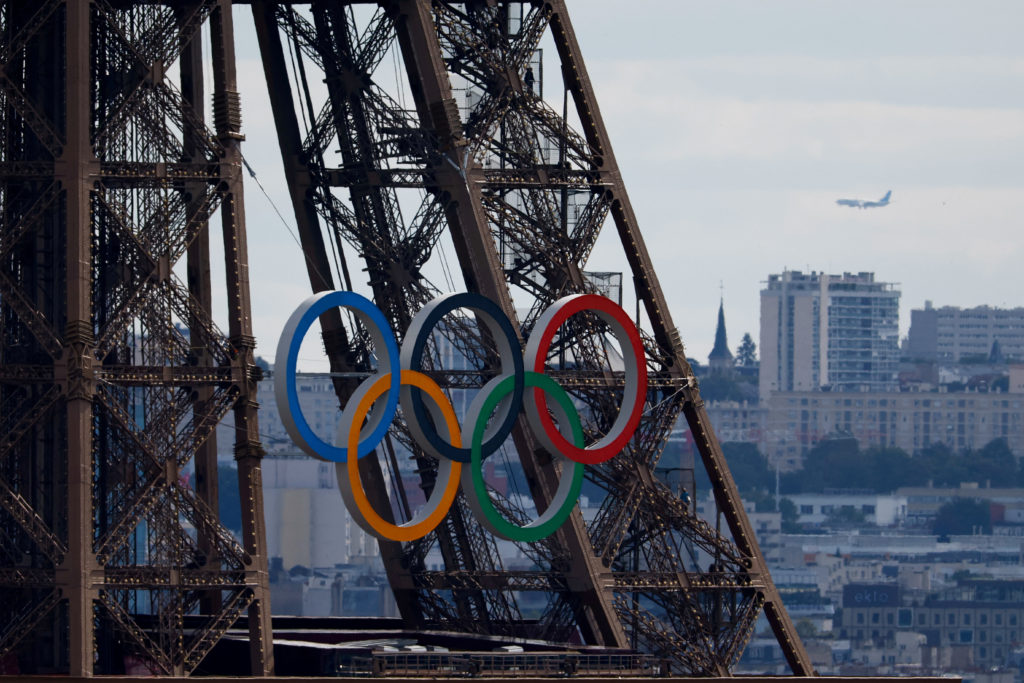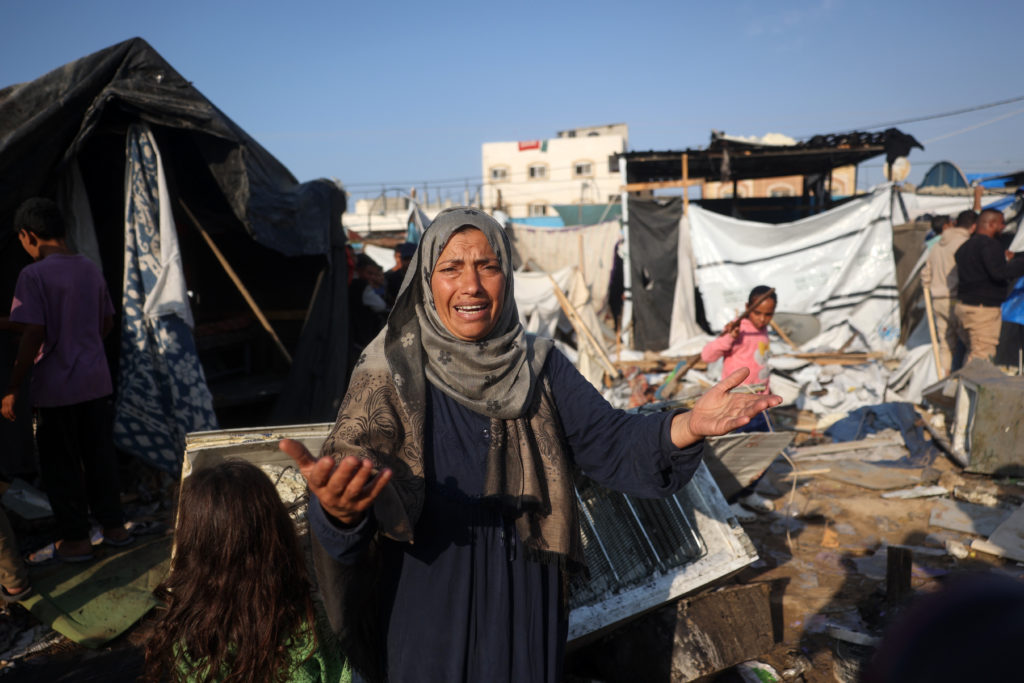Protests against teetering developer Evergrande spread to more Chinese cities on Wednesday after a company offer of property and parking spaces instead of cash repayments of its debts was rejected by investors.
The troubled property titan has warned it may not be able to service its colossal debts of more than $300 billion, seeding panic among property buyers, bond holders and contractors while fanning fears of a default that could ripple through the world’s second-biggest economy.
Several dozen protesters returned for a third straight day to the firm’s headquarters in the southern city of Shenzhen, where the company began its ascent in 1996 into a sprawling conglomerate minting the dreams of home ownership among China’s middle classes.
Chanting “Evergrande, give us our money back”, they were met by a heavy police presence but refused to disperse.
The fresh demonstration came after an apparent effort overnight by Evergrande to repay debts with promises of property, parking spaces and commercial units soured the mood.
“They offered us (ownership of) shops, kindergartens and parking units… but we can’t use them. None of us agree to this,” said a woman who gave her surname only as Wang.
She said her financial company in the central city of Chongqing is “not really functioning” because of unpaid debts from the developer.
Experts say the Hong Kong-listed firm has more than a million units pre-paid by customers yet to be built, adding to the sense of dread among Chinese investors, many of them first-time buyers trying to get a foot on the runaway property market.
The company on Tuesday admitted it is under “tremendous pressure” and may not be able to meet its liabilities.
On Wednesday it declined a request for comment from AFP.
The privately-owned firm, whose rapid expansion into 280 Chinese cities had bolstered its reputation, now appears on the brink of buckling, but experts say Beijing will not allow it to collapse chaotically.
In eastern Jiangsu province, anxious investors gathered on Wednesday morning outside company offices in Taizhou city, while similar protests have been reported in Anhui and unpaid workers have demanded their wages in Ezhou city, Hubei.
Concern is building among unpaid suppliers — some of whom in Shenzhen say they are owed upwards of $1 million — as well as investors relying on returns to pay off their own loans and staff salaries.
On Wednesday morning a woman sat on the floor in front of the Shenzhen offices crying, while several officers stood guard nearby and shooed away journalists.
“They are trying to deal with their bad properties,” another investor told AFP, requesting anonymity. “These are products they are unable to sell.”
The property giant’s shares have plummeted around 80 percent since the start of the year and lost another five percent in Hong Kong trading on Wednesday.
– Rare protests –
It is rare for China’s communist authorities to allow protests of any kind, especially across several cities. The country’s tightly-controlled internet was abuzz with gripes about Evergrande on Tuesday while images of the protests rattled across social media.
Experts say the unusually permissive approach could signal Beijing’s desire to show the public it is on their side while it assesses its next moves.
Hong Kong-based politics commentator Willy Lam said either way the ability of the censors to block information on the protests was “limited” given the scale of the Evergrande crisis.
“The victims of the default could come up to a few million Chinese citizens,” Lam said.
The giant debt mountain helped drive Evergrande’s voracious expansion, which started with a 1990s property boom and lasted until Beijing moved to trim leveraged growth in the sector by introducing curbs in 2020.
While there are dire warnings about what impact a default by Evergrande would have on the economy, experts say a disorderly implosion is not expected as Beijing would likely step in.
“An Evergrande default could damage consumer confidence if it were to affect households’ deposits for homes that have not yet been completed, but we assume the government would act to protect households’ interests, making this outcome unlikely,” ratings agency Fitch said in a note on Wednesday.
Markets from Hong Kong to New York have so far taken Evergrande’s troubles in their stride despite months of bad news about the company, including two ratings downgrades and gloomy company statements.

